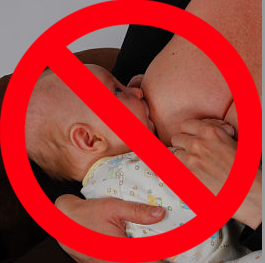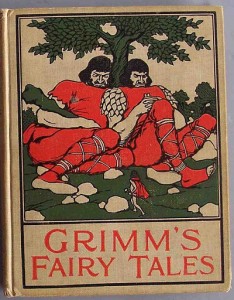 Okay, I’ll come out with it, finally, after all these years: I was desperately disappointed with The Vagina Monologues! I’m only now fessing up and lodging my opinion that the empress Eve Ensler has no new clothes on. In her supposedly ground-breaking play…two hours of dialogue and monologue dedicated (supposedly) to the sexual dimension of a woman’s psycho-anatomical makeup…there is not one single mention of <gasp> menstruation. No period, period.
Okay, I’ll come out with it, finally, after all these years: I was desperately disappointed with The Vagina Monologues! I’m only now fessing up and lodging my opinion that the empress Eve Ensler has no new clothes on. In her supposedly ground-breaking play…two hours of dialogue and monologue dedicated (supposedly) to the sexual dimension of a woman’s psycho-anatomical makeup…there is not one single mention of <gasp> menstruation. No period, period.
Oh, there are plenty of other reasons to not embrace TVM (or as Camille Paglia calls it, “the perversion of feminism that Ensler represents”), but I’m focusing on this one. Period. A woman’s attitude toward her menstrual period impacts how she lives, labors and births. Let’s outgrow the tired cultural perversions about our creative power as women! Read the rest of this entry »

 Author Ray Bradbury pointed out, chillingly, “You don’t need to burn books to destroy a culture — just get people to stop reading them.” Similarly, you don’t need to actually ban nursing to decrease the incidence of breastfeeding — just make it more and more difficult to do.
Author Ray Bradbury pointed out, chillingly, “You don’t need to burn books to destroy a culture — just get people to stop reading them.” Similarly, you don’t need to actually ban nursing to decrease the incidence of breastfeeding — just make it more and more difficult to do. Along with a good supply of onesies, I routinely counsel expectant parents to stock up on trust. Parenting is a daunting safari into the unknown, and trust is the anxiety antidote when life outruns the reach of our techno-savvy that has us convinced we can figure out and control everything in our lives.
Along with a good supply of onesies, I routinely counsel expectant parents to stock up on trust. Parenting is a daunting safari into the unknown, and trust is the anxiety antidote when life outruns the reach of our techno-savvy that has us convinced we can figure out and control everything in our lives.

 “But they’re so awful!” This is a response I often hear from parents when I recommend Grimms’ fairy tales as reading fare for their children. While Grimms’ is all the rage these days for adults, parents often recoil at the idea of regaling their young children with stories of orphans and witches, kidnappings and murders — at bedtime no less. Understandable. But savvy parents understand that fairy tales are soul food for children. They nourish the developing psyche in complex ways. But the real ones, not the prettied-up, pasteurized ones.
“But they’re so awful!” This is a response I often hear from parents when I recommend Grimms’ fairy tales as reading fare for their children. While Grimms’ is all the rage these days for adults, parents often recoil at the idea of regaling their young children with stories of orphans and witches, kidnappings and murders — at bedtime no less. Understandable. But savvy parents understand that fairy tales are soul food for children. They nourish the developing psyche in complex ways. But the real ones, not the prettied-up, pasteurized ones. A coach helps by seeing the desired result, knowing the steps for getting you there, and patiently reminding you of those steps. A coach helps as you take those steps, which may feel awkward or unnatural at first. A coach patiently encourages you along what can feel like an interminably long road, sometimes to what feels like an unreachable mountaintop, even when (especially when) you can’t see the destination.
A coach helps by seeing the desired result, knowing the steps for getting you there, and patiently reminding you of those steps. A coach helps as you take those steps, which may feel awkward or unnatural at first. A coach patiently encourages you along what can feel like an interminably long road, sometimes to what feels like an unreachable mountaintop, even when (especially when) you can’t see the destination.

